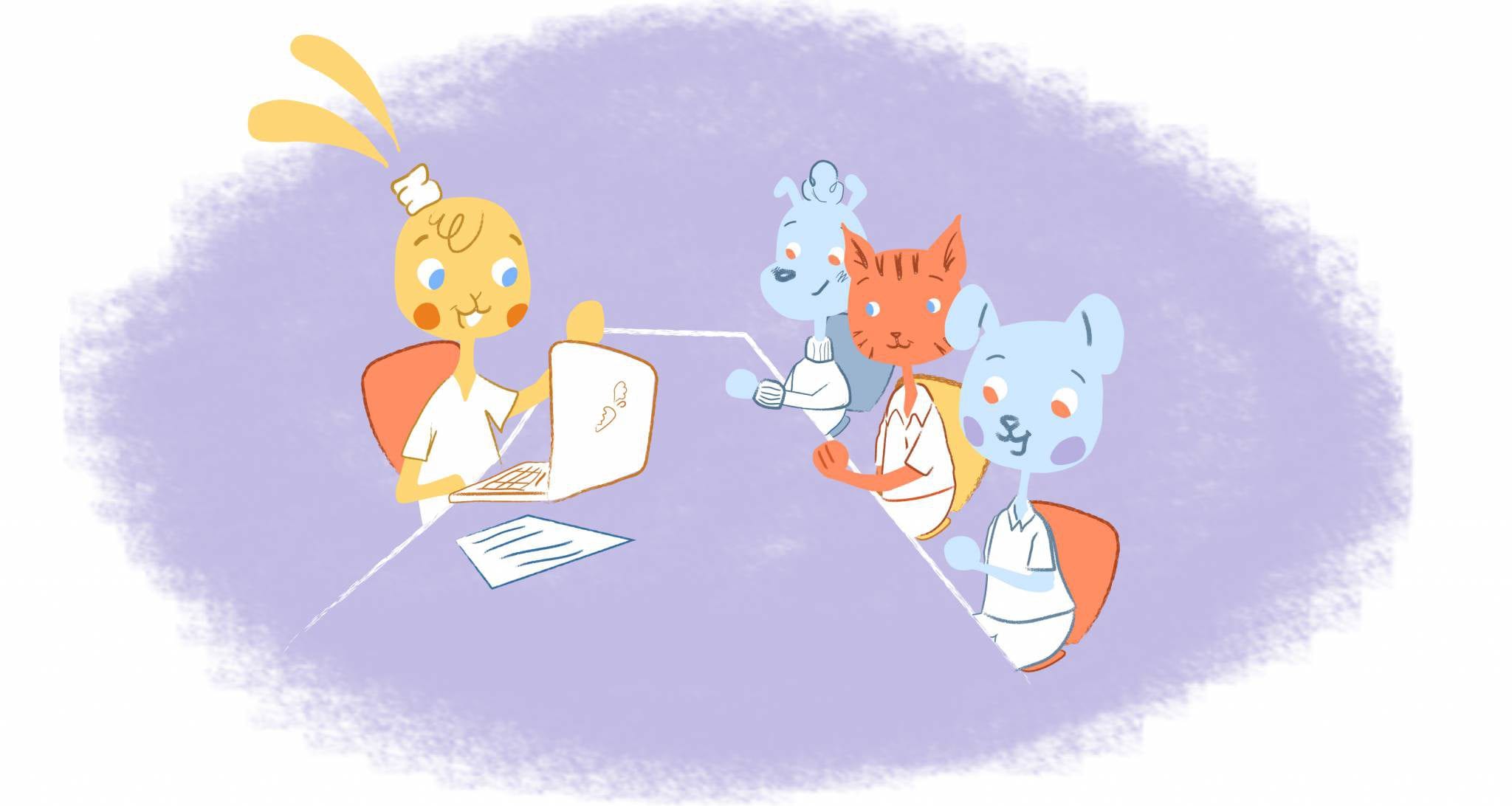

Time is our most valuable asset. The greatest thing about time is that it’s a common variable amongst everyone. Regardless of your social or economic standing we all have the same 24 hours in the day. Depending on how you spend those hours dictates your success.
Habits are difficult to change. However, they can be replaced with more efficient activities. When you’re able to replace your bad time-wasting habits you’ll find yourself much more successful and productive in the same amount of time you had before.
Here are four time-wasting habits that you need to drop immediately.
Multitasking
Multitasking is one of the worst time-wasting habits you can adopt at work. Our brains are meant to focus on one thing at a time. The misconception is that when we multitask we’re more efficient since we can complete multiple tasks at once. What ends up happening is that we leave things incomplete or finished poorly. If you find yourself constantly switching between tasks you’re only hurting your performance and wasting time.
When you start a task try your very best to finish it all the way through. If it’s a longer project you can set a small goal that marks completion for that day or session. That way you can stay focused on the task at hand before switching to others.
Constantly Trying to Perfect
As much as it hurts to say, being a perfectionist at work can seriously slow you down. If you are constantly trying to perfect projects before sending them on to the next stage you are working inefficiently.
For example, I often find myself spending hours playing with fonts and spacing in PowerPoint presentations to make them look perfect. In my mind, I’m improving the presentation. More often than not, these presentations are changed by the next team or worse not even used. The important takeaway here is to know when to stop at “good enough”.
If you’re building a pitch deck to raise a Series A it’s probably a good idea to perfect the deck. If you’re building internal training materials for summer interns, you can probably stop at good enough.
Not Knowing When to Delegate
The greatest part about working in larger organizations is that we have tons of resources at our disposal. It’s common for us to insist on completing every task ourselves. We think it looks good to take on responsibility and stay productive. The issue with this is that we often take on tasks we aren’t necessarily fit to complete. These tasks often get done but it may take you twice as long as it would take someone else.
As soon as a project or task lands at your desk immediately evaluate whether or not it’s best for you. If they are trivial or bookkeeping tasks try to delegate to a virtual assistant or assistant. If you delegate a task to an individual who’s more fit to complete it you’re showing excellent management skills rather than laziness. Not knowing when to delegate is a huge time-wasting habit.
Exposing Yourself to Constant Interruptions
It’s estimated that you’re interrupted every 11 minutes during your workday. Distractions are toxic for your productivity, even if they’re small. Often times these time-wasting habits are so trivial we don’t even realize it. Sending a text, email, or and worst of all checking social media all serve as major distractions at work.
The best way to avoid these common distractions is to reduce your exposure. I suggest silencing your phone and leaving it more than an arms-length away with the screen facing down. Only make calls or texts if they are work-related and for the love of god do not check your social media. When it comes to emails, try to block times throughout the day to check and send emails. If you’re constantly jumping in and out of your inbox it throws off your entire flow.
Final Thoughts
When it comes to time-wasting habits it’s important to focus on replacing one at a time. If you try to resolve everything at once it simply won’t work…multitasking. If you want to get more out of your day, start by replacing the four time-wasting habits listed above.











Renzo Costarella
Renzo Costarella is an entrepreneur, avid learner, and startup enthusiast currently living in Silicon Valley. He consults for several startups in the Bay Area and is pursuing a few ideas of his own.